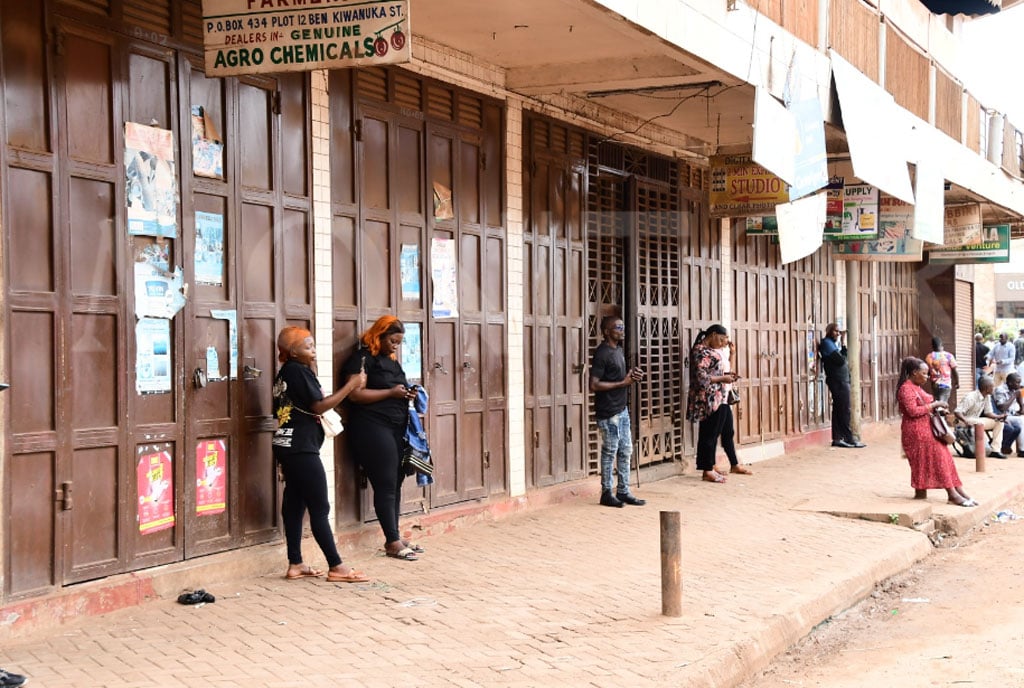Prime
Computer law is defeat, not victory for the state

Author: Charles Onyango Obbo. PHOTO/FILE
What you need to know:
- There is a curious but important bit about the latest amendment to the Computer Misuse Act.
Last week, President Yoweri Museveni signed the controversial Computer Misuse (Amendment) Bill 2022, making the existing law that muzzles dissenting voices online more extreme.
Since the NRM came to power in 1986, amendments curtailing freedom of expression and association are the second highest category of changes made to laws by Uganda’s parliaments, after those to do with Finance.
What that tells you is that anti-freedom legislation in Uganda has actually been a failure; otherwise, there would be no need to frequently update the scope of their application and the severity of punishment. The Computer Misuse Act amendment is a moment of defeat, not authoritarian triumph. And that raises the question of why they have been a failure.
Secondly, there is a curious but important bit about the latest amendment to the Computer Misuse Act. It was introduced by Kampala Central Member of Parliament Muhammad Nsereko as a private member’s bill. On paper, Nsereko is independent. In practice, he occasionally acts as an adjunct to the ruling National Resistance Movement (NRM).
There is one redemptive thing in the amendment; the restriction of the distribution of children’s details online without the consent of their parents or guardians. The rest is largely copy-pasted from the Dictator’s Handbook for Repression in the Digital Age.
It took the NRM nearly ten years from the time it took power for it to enact a significant piece of media legislation. That was because the period was an era of the NRM’s undisputed philosophical and intellectual hegemony and supreme political domination.
Even with the neo-one-party “broad-based” and “no party” system, and the “anti-sectarian law” of 1988, the NRM had some of the smartest political thinkers in town in its political ranks and the army. The National Resistance Army (NRA), later the Uganda People’s Defence Forces (UPDF) magazine, Tarehe Sita, was one of the most respectable publications in the country.
There, the army’s and Movement’s various commissars held forth, demolishing the argument of their ideological opponents the old-fashioned way through debate. The last of the military’s big-ticket ideologues and philosophers, and editor of Tarehe Sita, was probably the brooding but gentle and thoughtful late Capt Ondoga ori Amaza, author of “Museveni’s Long March: From Guerilla to Statesman” (1988).
To get to Museveni and the NRM those days, such were the roadblocks you had to go through. The NRM’s political case was solid as it rebuilt a country devastated by conflict and lawlessness. Today, the Ondoga ori Amazas are an extinct species in the NRM.
NRM then didn’t need repressive legislation to tilt the political argument in its favour or to ward off critics because it ruled that space. Today, shorn of that kind of intellectual stars and a record of atrocities that can fill a museum, the ruling party is in a silly phase. Unable to outclass its foes in argument, it resorts to the crude hammer. That is why, if you flip the Computer Misuse Act amendment, it has political defeat written all over it.
Nsereko was the perfect person to table the bill because he lent the NRM the credibility of an outsider who is not tarred by its problematic image.
But there’s more. During the debate on the amendment, and discussions outside Parliament, for many MPs, the bill was about protecting themselves.
They are correct that today, Parliament is in the cross-hairs of critics in a way no previous parliament was. And it has no organ of the state or the party to protect it. There is a reason for it being in the crosshairs. In the last ten years, the Uganda Parliament has slowly but quietly seized power as no previous Parliament has. Its committees have the kind of authority that decades ago didn’t even exist in Ugandan theory about the role of Parliament.
Part of the reason for that, partially referred to above, has resulted from the emasculation of the NRM as a national movement, as President Yoweri Museveni squelched some of its quasi-autonomous centres of power and historical figures to consolidate his presidency-for-life.
As a result, the NRM evolved from a movement to a parliamentary party – much like the Democratic Party, the Uganda Peoples Congress, Forum for Democratic Change, and increasingly Bobi Wine’s National Unity Platform.
Parliament’s power grab is most evident in how it can change the national budget. It no longer has oversight over the budget. It essentially rewrites it, able to do through the device of bribing the State House by granting it, unchallenged, its endless supplementary budgets, and turning its parliamentary caucus into the de facto central committee of the NRM when it meets with to Museveni to negotiate his pet and patronage projects.
Parliament has been quite successful at the power heist. The amendment bill is one of its shields against the backlash.
Mr Onyango-Obbo is a journalist, writer and curator of the “Wall of Great Africans”. Twitter@cobbo3





